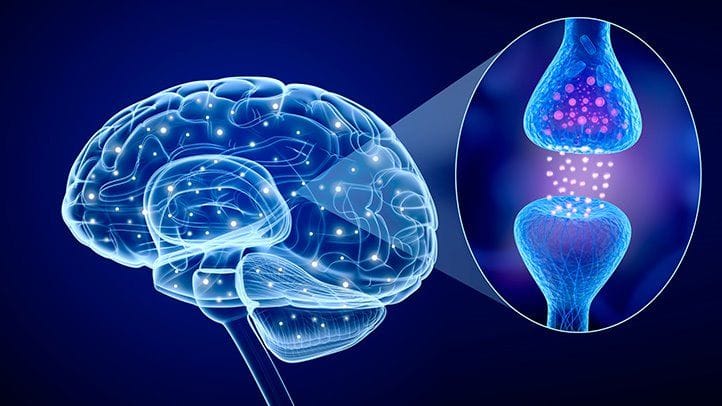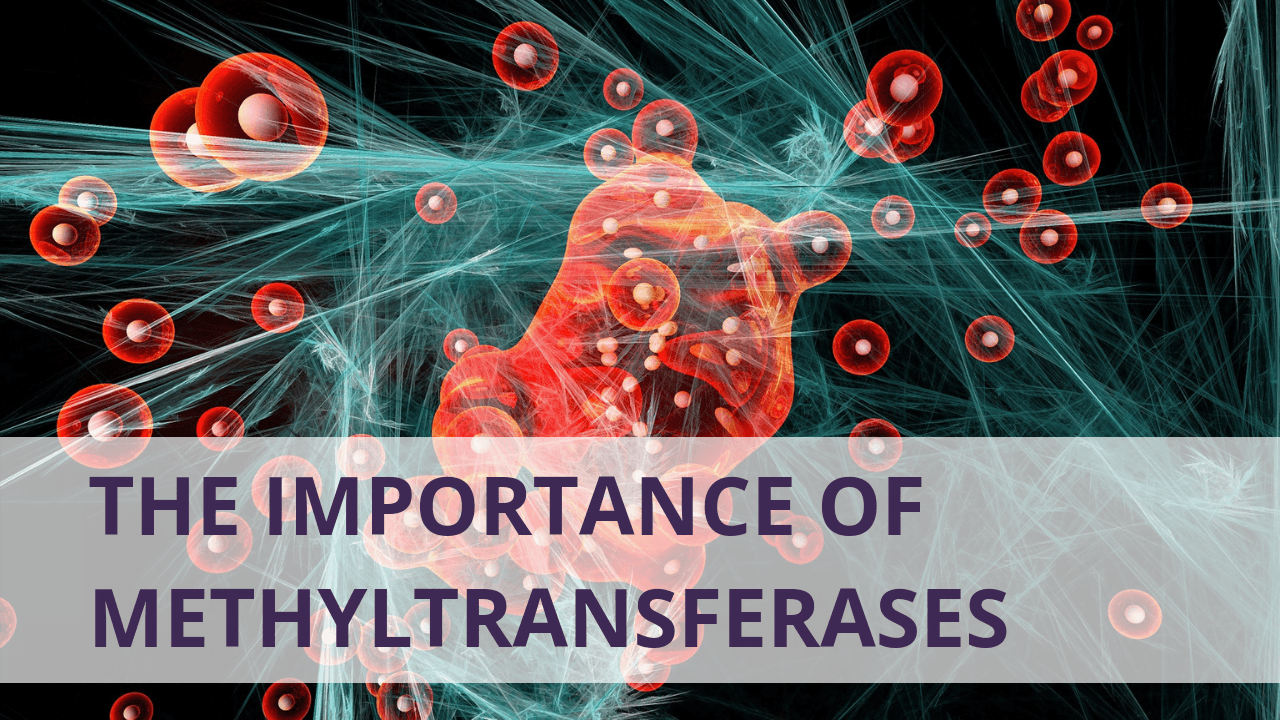If you have heard of MTHFR mutations before but didn’t know where to start. This article is for you! It will give you a foundational understanding of biology while introducing you to MTHFR and fertility.
What Are Genes?
Genes are the deoxyribonucleic acid (DNA) sequences responsible for making proteins and enzymes. Gene expression is the process of the body actually using the gene to produce a protein or enzyme. Many factors contribute to gene expression and gene expression changes throughout life. For example, gene expression is different before puberty and after puberty, or before menopause and after menopause. Gene expression also changes due to psychological, environmental and dietary factors.
What Are Genetic Mutations?
DNA is made up of four building blocks: adenine (A), thymine (T), guanine (G) and cytosine (C). Genetic mutations are changes within a sequence of DNA. For example, an “A” might change to a “C”, or a “T” might be removed/added to a DNA sequence. There are multiple forms of genetic mutations that are beyond the scope of this article. It is important to know that genetic mutations mostly have negative consequences on the performance of their products (i.e enzymes).
What Are Enzymes and Why Are They So Important?
Enzymes are proteins that help build, break down, and/or speed up biochemical reactions within the body. Some chemical reactions would take days, weeks, or months to happen, but enzymes make these reactions happen much faster. Without enzymes, life as we know it would not be possible. Chemical reactions would be too slow within the body, and we would not have the capacity to produce the necessary chemicals for survival.
What Is MTHFR?
MTHFR stands for Methylenetetrahydrofolate reductase. The MTHFR enzyme is made from the MTHFR gene. The MTHFR gene contains the genetic information required to make the MTHFR enzyme. It is the enzyme responsible for the final step in the folate cycle. When the MTHFR enzyme is not functioning properly, there is a shortage of important biochemical substances and a build-up of harmful substances within the body. MTHFR gene mutations impair the body’s ability to perform many crucial tasks.
How Common are MTHFR Mutations?
Some people, approximately 30-50% but some research shows possibly 70-75%, have genetic mutations in their MTHFR gene (3). As more people have their genomes sequenced around the world, we will get a better understanding of how prevalent MTHFR mutations are around the world. Different populations of people around the world have different frequencies of MTHFR mutations, for example, the highest concentration of MTHFR C667T mutations in the world are found in Italy (1). These mutations affect the ability of the MTHFR enzyme to complete the final step in the folate cycle. MTHFR mutations lead to a complex cascade of biochemical reactions that cause a wide variety of health and fertility issues.
Consequences Of The MTHFR Mutations On Health And Fertility
According to a new scientific review published in July 2017, in the Journal of Genes and Genomics, MTHFR mutations play a role in the following multifactorial diseases (2):
- Cardio-cerebrovascular
- Neurodegenerative disorders
- Autoimmune diseases
- Diabetes
- Neuropsychiatric disorders
- Renal diseases
- Cancer
- Birth defects
The health consequences of MTHFR are so far-reaching because the MTHFR enzyme is crucial to basic functions within our bodies. If you are wondering how one gene/enzyme can have such a wide variety of consequences, without getting too involved in the science, you need to gain a basic understanding of how MTHFR mutations actually create health and fertility problems.
Understanding MTHFR Mutations
There is not just one kind of MTHFR mutations there are several (MTHFR C667T and A129C are most common). Each mutation lowers the functionality of the MTHFR enzyme to varying degrees. Having an MTHFR mutation is like your body building a single lane bridge in the middle of a busy city when the bridge should be at least four lanes wide. It significantly reduces the number of cars (i.e biochemical reactions) that can use the bridge at one time and creates a traffic jam on both sides (i.e build up of biochemical products).
Take Aways
Hopefully, you now have a basic understanding of MTHFR. If you are looking for more information on MTHFR, there are multiple articles surrounding how MTHFR Mutations affects your overall health and fertility that can be found below:
- High homocysteine – It can affect your brain, your heart and your pregnancy.
- Why is Knowing You Have the MTHFR Gene Mutation Important in Preconception and Pregnancy?
- 5 Common MTHFR Symptoms and How to Manage Your Gene Mutation
References
- Botto, L. D., & Yang, Q. (2000). 5, 10-Methylenetetrahydrofolate reductase gene variants and congenital anomalies: a HuGE review. American journal of epidemiology, 151(9), 862-877.
- Cristalli, C. P., Zannini, C., Comai, G., Baraldi, O., Cuna, V., Cappuccilli, M., … & La Manna, G. (2017). Methylenetetrahydrofolate reductase, MTHFR, polymorphisms and predisposition to different multifactorial disorders. Genes & Genomics, 1-11.
- De Mattia, E., & Toffoli, G. (2009). C677T and A1298C MTHFR polymorphisms, a challenge for antifolate and fluoropyrimidine-based therapy personalisation. European Journal of Cancer, 45(8), 1333-1351.









